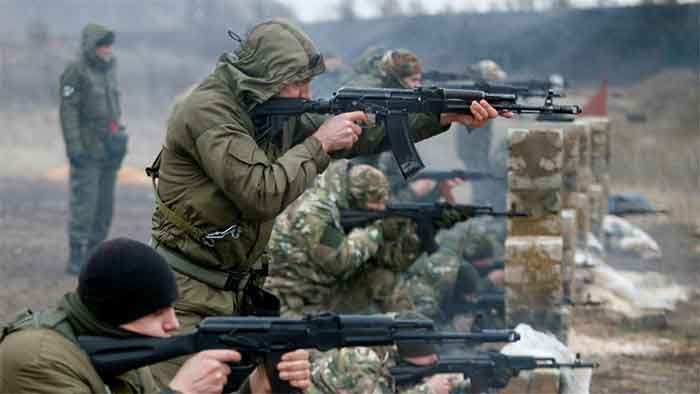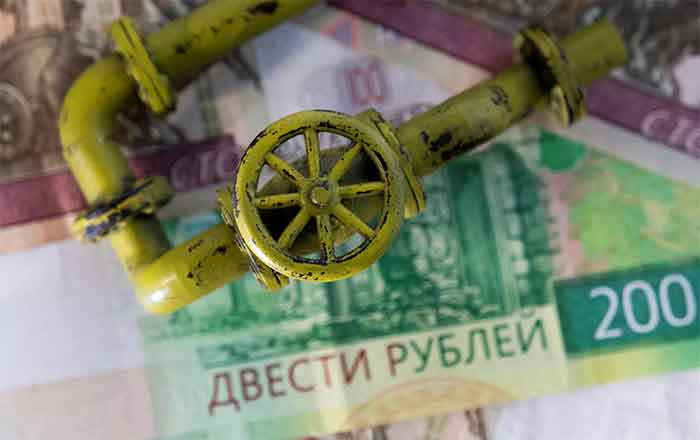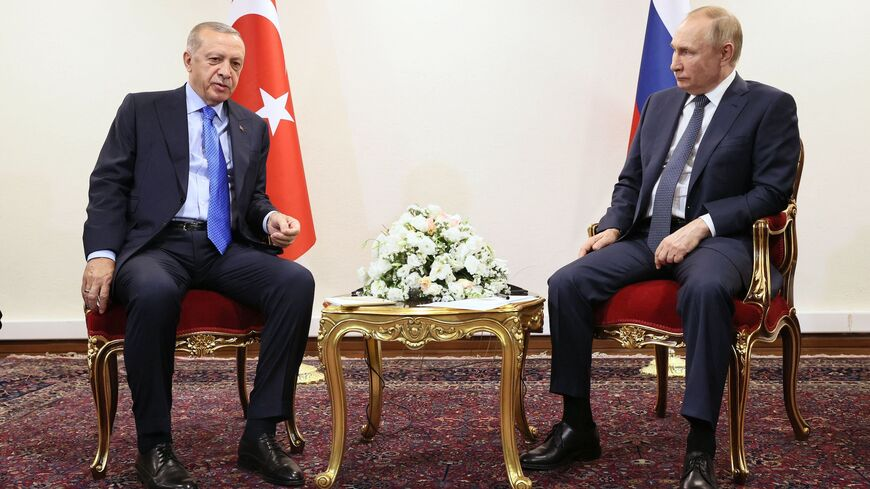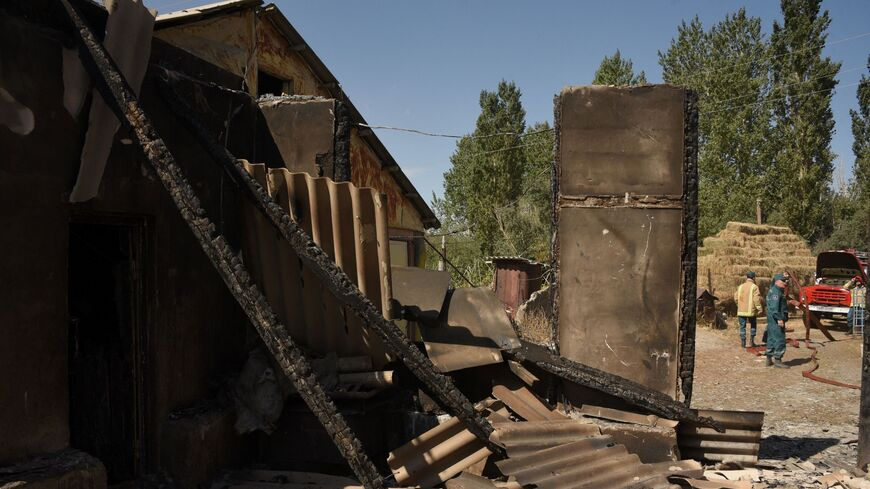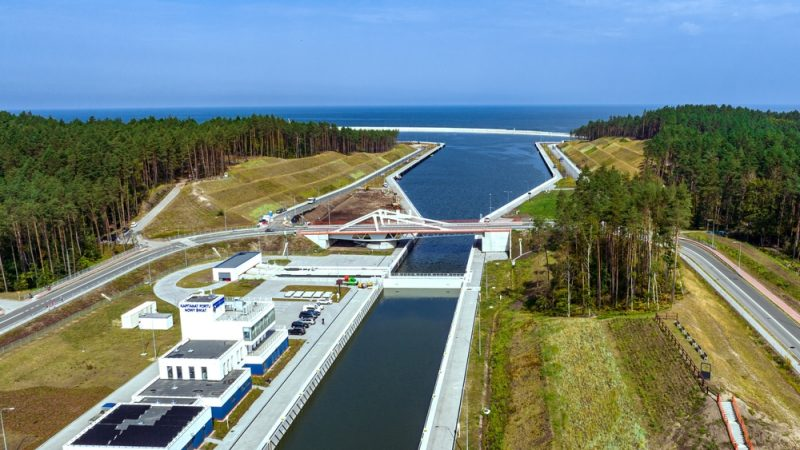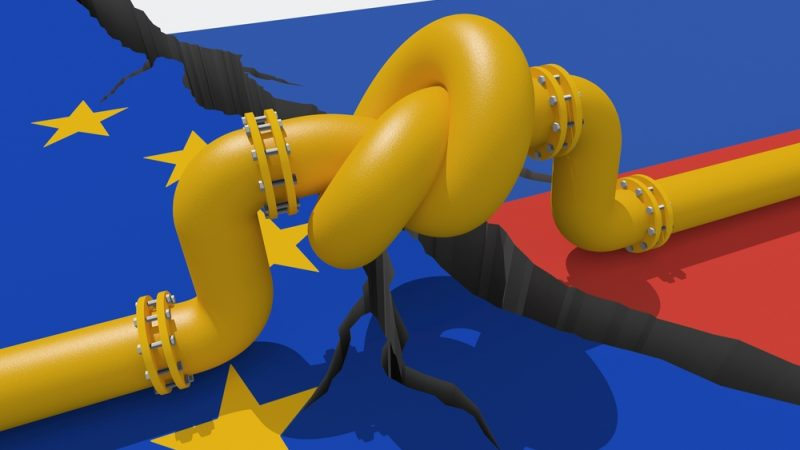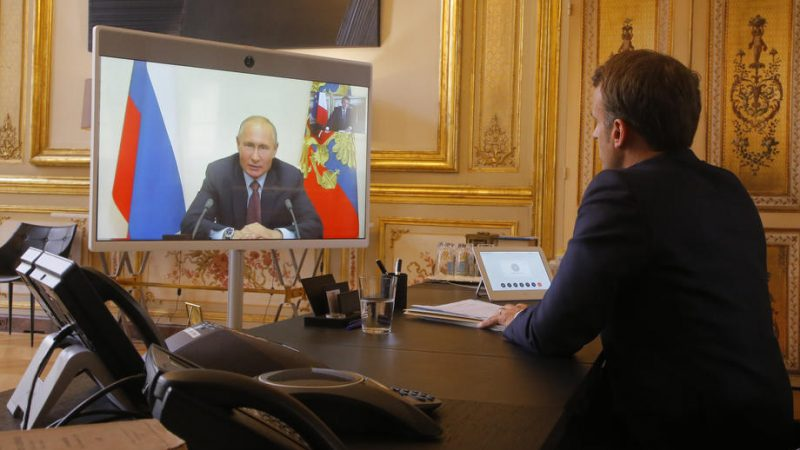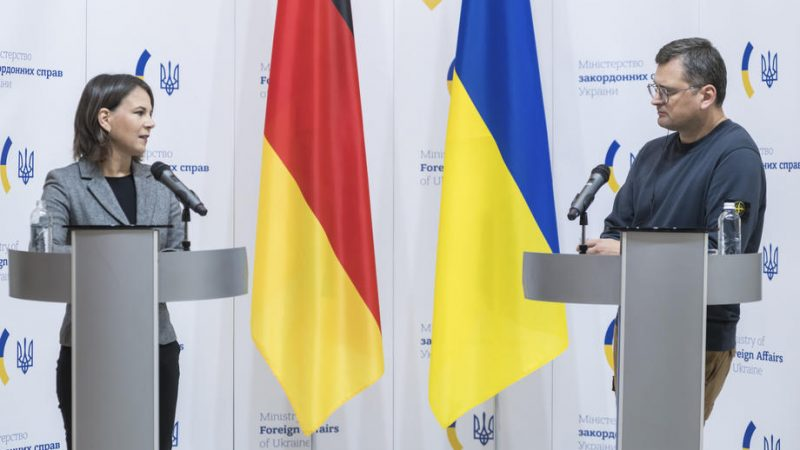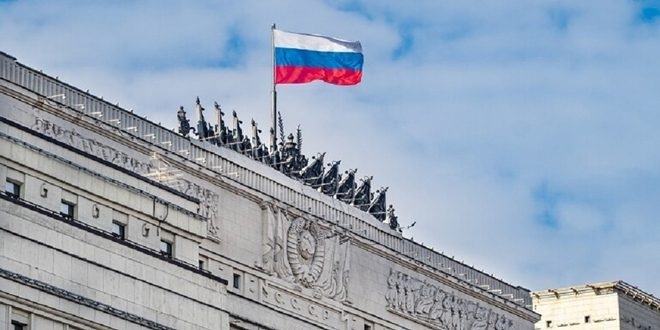Russia, Ukraine, And The West: Peculiarities Of Current Positioning – Analysis
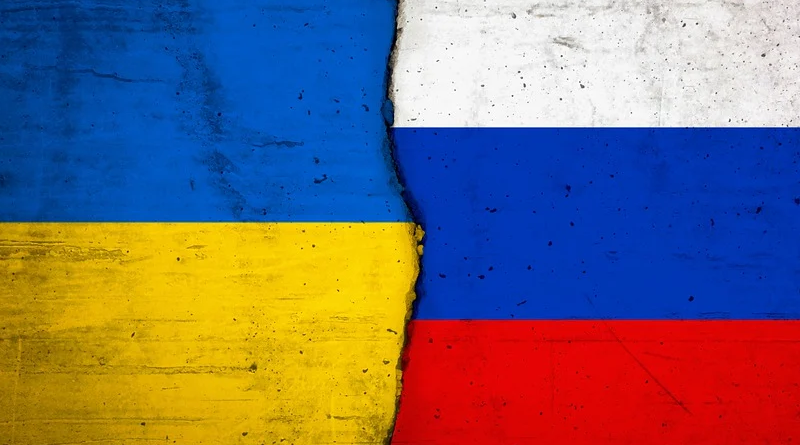
Russia, from an economic point of view, is tactically not in as vulnerable a position as one might have expected a couple of months ago. Despite this, in strategic terms, economic, technological and social degradation seem to be an inevitable scenario for Russia in the coming years, according to the theory of the reverse spiral.

